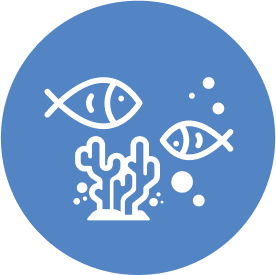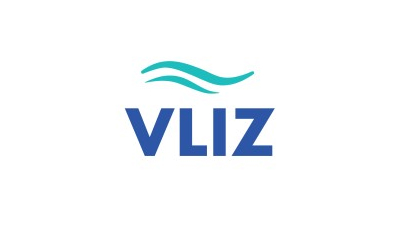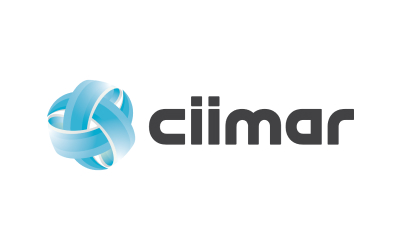Overview
Sustainable mariculture, including low-impact aquaculture practices, offers a way to meet growing seafood demand while reducing environmental footprints. However, uncertainties around optimal farm locations, harvest periods, and the impact of native species on mariculture limit the industry’s potential. This DUC focuses on integrating environmental, biological, and genomic data to develop predictive models that support spatial planning and production optimization for sustainable mariculture.
Challenge
Operators are often hesitant to invest in sustainable, multi-trophic aquaculture systems due to uncertainty around optimal geographic placement, biomass yield, and the impact of native species (e.g., predators or competitors). This limits adoption of more ecologically sound practices. A data-driven approach is needed to reduce risks and provide clear recommendations for optimizing mariculture, factoring in environmental conditions and species interactions.
Solution
This DUC will develop predictive models that help identify suitable mariculture locations, optimal harvest periods, and potential risks from deleterious species (e.g., predators). The models will combine in situ observation, monitoring data, remote sensing data, and genomic data to develop both statistical and mechanistic models, with the final aim to provide a comprehensive tool for mariculture planning. To achieve this the demonstrator focuses on three axes:
1) Identifying suitable mariculture locations for a number of target economic species;
2) Quantifying the potential harmful effects - such as biomass loss- from deleterious species (e.g., grazing) on mariculture species;
3) Predicting biomass yield under various climate and management scenarios.
The innovative aspect of this approach lies in incorporating the potential losses due to predation and providing precise biomass estimates, beyond traditional habitat suitability models. The integrated model will assist in decision-making regarding species selection, site location, and timing for cultivation, contributing to more efficient production processes.
Two use cases will apply this conceptual framework: one in Belgium focusing on blue mussels mariculture and starfish predation, and another in Portugal focusing on kelp and salema, with models adapted to local species and conditions. These cases will refine biomass estimates using fuzzy-logic models, regression techniques, and integration with existing food web models. Ultimately, this approach offers a path forward to optimizing sustainable, circular mariculture practices with clear ecological and economic benefits.
Data Sources
- OBIS, EMODnet - Species occurrence data and eDNA samples to validate predator presence.
- EMBRC-ERIC
- Copernicus Marine Service (CMEMS) - Abiotic environmental conditions, including temperature and irradiance
- Bio-Oracle - Climate stimulation
- FishBase, SeaDataNet- Biological data (life cycles, reproduction) and abiotic conditions.
Analysis Tools
- Spatial distribution models for species interactions and environmental suitability. (Belgian, Portuguese)
- Food web models to simulate predator-prey relationships and predict yield losses (Belgian)
- Macroalgae biomass model (principal) and Fish biomass model (secondary) (Portuguese)
Expected outputs
- Predictive models to optimize mariculture site selection, species choice, and harvest timing.
- Optimized mariculture practices
- Early warning systems for predator presence and environmental risks, improving operational decision-making.
- Validated data on the interactions between farmed species and local ecosystems, supporting sustainable practices.
Target Stakeholders
Mariculture innovators, marine spatial planners, researchers, and policy makers focused on sustainable aquaculture and ecosystem management.
Digital Twin Features demonstration:
- Systems research and education: Provides advanced models integrating biological and environmental data for mariculture optimization.
- Identify data gaps: By highlighting missing data on predator-prey dynamics, it informs improved future monitoring efforts.
Status
Partly ready for implementation
Leaders
Gert Everaert (VLIZ)
Pascal Hablützel (VLIZ)
Isabel Sousa Pinto (CIIMAR)


